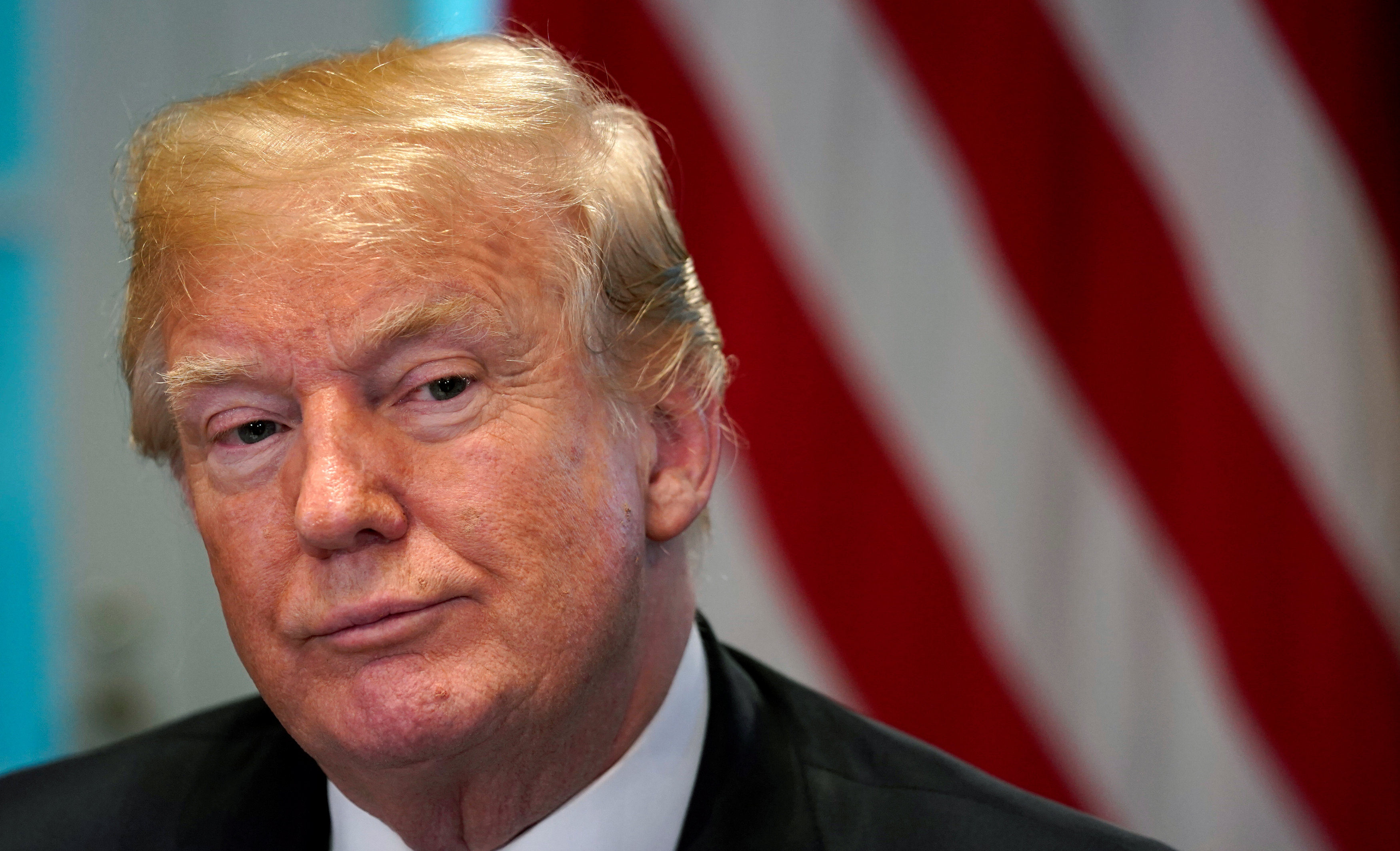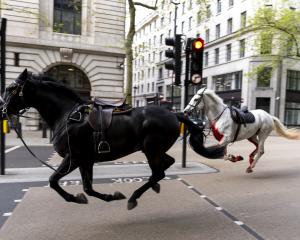
In a move that raises the stakes ahead of a presidential election year, Democrats said on Wednesday the US House of Representatives Intelligence Committee would hold open hearings with three career US diplomats who have expressed alarm about Trump’s dealings with Ukraine.
The public testimony will feature William Taylor, the top US diplomat in Ukraine, Deputy Assistant Secretary of State George Kent, and former US Ambassador to Ukraine Marie Yovanovitch.
They will testify on November 13 and 15, said Adam Schiff, the committee's Democratic chairman who wrote on Twitter that there was "More to come." The diplomats and others have already testified to lawmakers from both parties behind closed doors.
Televised public hearings featuring US officials testifying in Congress about alleged wrongdoing by Trump could crowd out other issues like the economy and immigration as voters turn their minds to the November 2020 election.
That might damage Trump, though some of his supporters say the impeachment drive could actually boost his re-election chances by showing him at loggerheads with Washington-based political foes.
Democrats had said they had enough material to move forward with public impeachment hearings, which would be a likely prelude to articles of impeachment - formal charges - against Trump being brought to a vote in the House.
"We are getting an increasing appreciation for just what took place during the course of the last year and the degree to which the president enlisted whole departments of government in the illicit aim of trying to get Ukraine to dig up dirt on a political opponent as well as further a conspiracy theory about the 2016 election that he believed would be beneficial to his re-election campaign," Schiff told reporters.
Taylor has provided some of the most damaging testimony to date, telling lawmakers on October 22 that Trump made the release of nearly $US400 million ($NZ628 million) in security aid to Ukraine contingent on Kiev publicly declaring it would carry out politically motivated investigations demanded by Trump against former US Vice President Joe Biden.
Taylor said he was told by Gordon Sondland, the US envoy to the European Union, that Trump had linked release of the aid to Ukrainian President Volodymyr Zelenskiy publicly declaring that he would investigate Biden, and his son Hunter Biden, as well as a debunked conspiracy theory about the 2016 election.
Joe Biden is a leading contender for the Democratic nomination to run against Trump in the November 2020 election.
TAYLOR TESTIMONY
Taylor testified behind closed doors last month that it was his understanding that security assistance for Ukraine and a visit by Ukraine's president was contingent on Zelenskiy launching investigations demanded by Trump.
"What I didn't want to do is have United States assistance to Ukraine blocked or suspended for no good reason that I could see," Taylor said, according to a transcript of his testimony to lawmakers that was released on Wednesday.
He told the impeachment investigators he based his testimony on text messages he exchanged with the US ambassador to the European Union Gordon Sondland, and Kurt Volker, the former special US envoy to Ukraine, Ukrainian officials and other US officials, as well as “careful” contemporaneous notes he kept of conversations and telephone calls.
Taylor will testify in public to the House Intelligence Committee on November 13, as will Kent. Yovanovitch will appear before the committee two days later.
If the Democratic-controlled House votes to impeach Trump, the Republican-controlled Senate would then hold a trial on whether to remove Trump from office.
Senate Republicans have so far shown little appetite for ousting the president.
Trump has blasted the House inquiry as a witch hunt and accused Democrats of unfairly targeting him in hope of reversing his surprise victory in the 2016 presidential election. In a tweet on Wednesday, Trump called the probe a "phony scam."
Democrats have defended the investigation, citing concerns that the president misused his public office for personal gain.
Trump's defenders say there is no evidence of him and the Ukrainian president engaging in a "quid pro quo" - or exchanging a favour for a favour - in the July call because the aid to Ukraine was released and Zelenskiy never explicitly promised to investigate Burisma, the Bidens, or any involvement in the 2016 election.
A quid pro quo, however, is not necessary to prove high crimes or misdemeanours, which is the standard the US Constitution requires for the impeachment of a president.












